Annus mirabilis: The road to 1989, and its legacy
Monday, 10.11.2014.
12:16

Annus mirabilis: The road to 1989, and its legacy
The fall of the Berlin Wall triggered a series of major events, beginning with the reunification of Germany in 1990. Thus began the first accelerated transition to democracy by a former communist country, the German Democratic Republic. Following a massive political, economic, and social integration effort, Germany today stands as a major force in Europe and in the European Union.Communism’s end in Europe came much earlier and more suddenly than anyone had expected. Many circumstances and events — both major and minor — led to the breakthrough. Individuals and movements in several communist countries courageously stood up for their rights and freedoms, from the protestors in East Germany in 1953 and Hungary in 1956 to those in Czechoslovakia in 1968 and Poland in 1981. They created alternative spaces and oases of civil society. They were often crushed and brutally repressed, but held on to a deep unflinching commitment, with the hope that their struggles for human dignity and freedom would one day bear fruit. The Helsinki Accords of 1975 created an additional basis for the pursuit of human rights and freedom in authoritarian regimes on which dissidents could rely.
The appearance of Mikhail Gorbachev at the helm of the Soviet Union in 1985 led to the modest political openings of glasnost (openness) and perestroika (reform movement). Gorbachev came up with a “My Way” doctrine of letting the Soviet satellite countries follow their own paths, relinquishing Moscow’s iron grip over Central and East Europe. This led to cascading openings — the shedding of authoritarian structures, the progressive espousal of democratic political institutions, and the gradual evolution of market economies based on the rule of law — in Poland, Hungary, East Germany, Czechoslovakia, Romania, Bulgaria, and Albania.
The political, economic, and military pressure of the United States and West European states in the 1980s also contributed significantly to the geopolitical dynamic along the Cold War fault line. But the principle legacy of 1989, of the annus mirabilis, is one of the resilience and courage of individuals and whole societies in their pursuit of freedoms and rights, often under adverse circumstances. Their return to a Europe whole, free, and fully at peace — and to democracy, values, and rules-based polities — was largely and undeniably successful.
In the years following the fall of the Berlin Wall, the European Union spearheaded its greatest enlargement through a democratization process that led to the integration of these countries in 2004, 2007, and 2013. NATO led a parallel enlargement process of its own in 1999, 2004, and 2009. The historical sea change also led to the breakup of three communist federations: peacefully in Czechoslovakia in 1993, more or less peacefully in the Soviet Union in 1991, and through a protracted conflict in the former Yugoslavia throughout the 1990s. The longest period of peace in Europe, made possible by the United States’ security umbrella, continues, notwithstanding the conflict in the Balkans or recent events in Ukraine.
Yet, despite the most optimistic predictions, history has continued. A quarter of a century later, geopolitics still constitute a core element of international relations. A number of frozen conflicts created in the early 1990s in such places as Nagorno-Karabakh, Transnistria, Abkhazia, and South Ossetia remain unresolved to this day. And, also in 1989, on the other side of the world, a rising China violently repressed a democratic student and popular movement in Tiananmen Square.
Today, the bipolar world has become multipolar, a configuration that cannot yet be called a new order of the kind created after the Peace in Westphalia in 1648, the Congress of Vienna in 1815, the Treaty of Versailles in 1918-19, or World War II. Today’s manifestations in many societies of public disaffection with politics, growing renationalization, widening inequality, and regional independence movements prevent the pursuit of greater predictability and in the lives of governments and citizens alike. The violation of Ukraine’s sovereignty and territorial integrity and the annexation of Crimea by Russia are a testimony to the persistence of an unsettled international order. The world still reverberates with the aftershocks of the seminal events of 1989.
Ivan Vejvoda is senior vice president for programs at the German Marshall Fund of the United States in Washington, DC










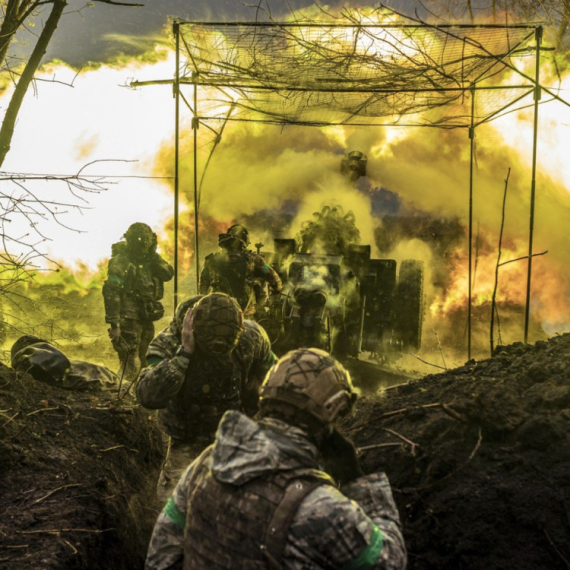

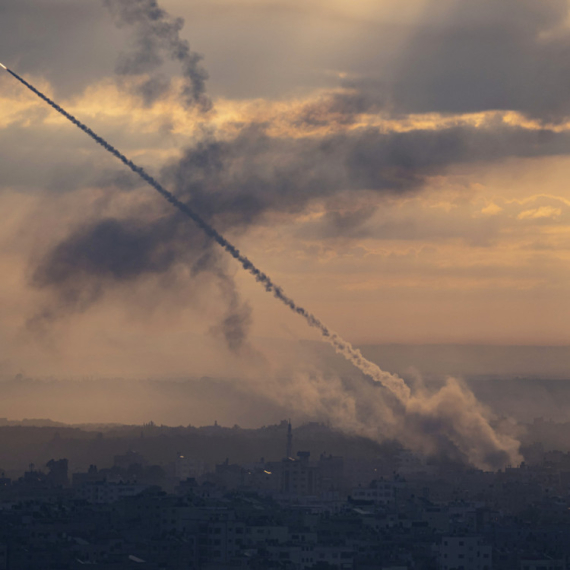
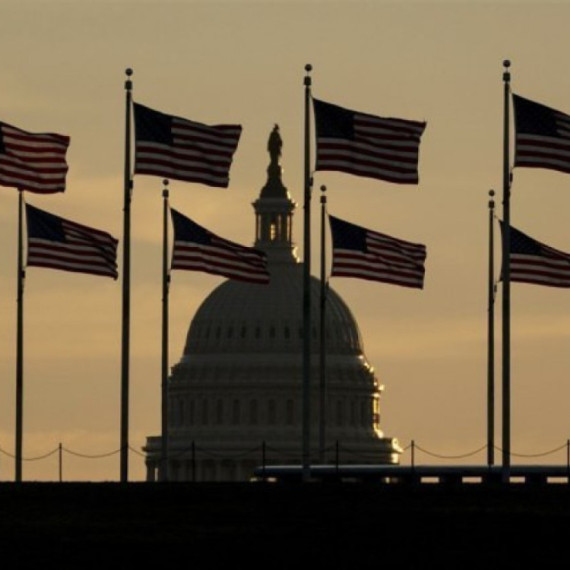









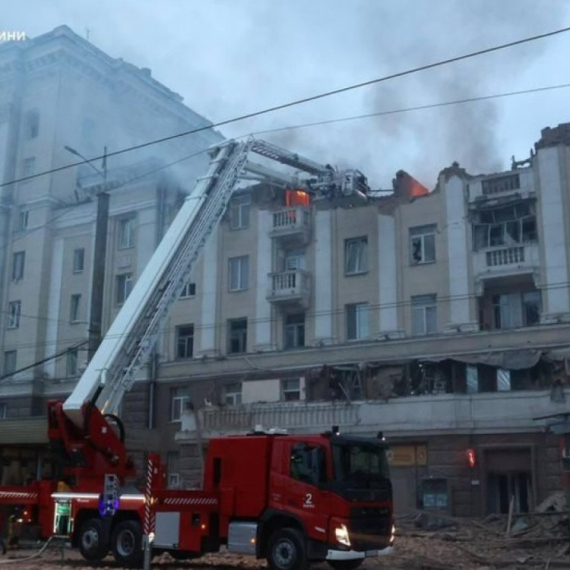
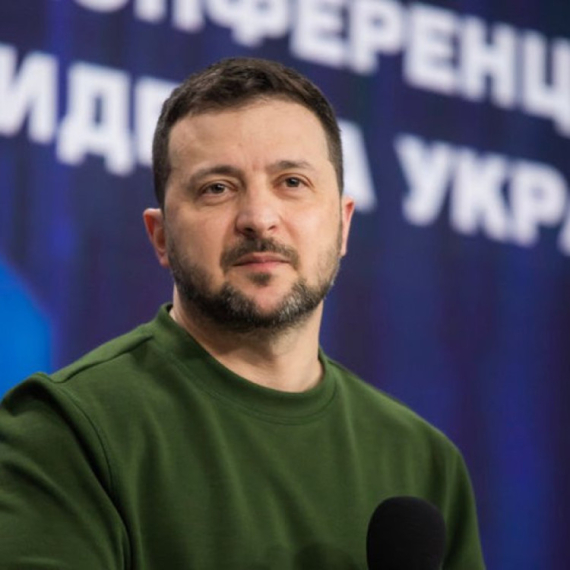

Komentari 0